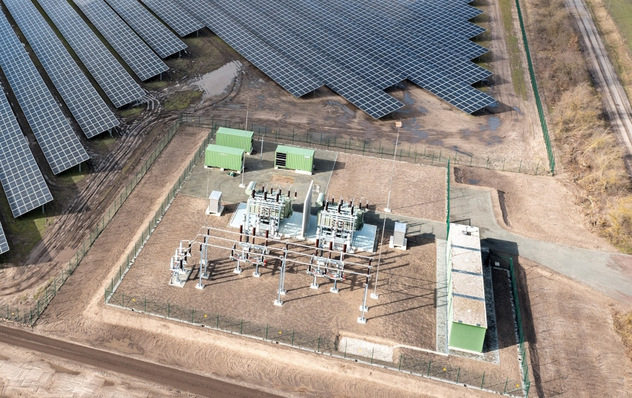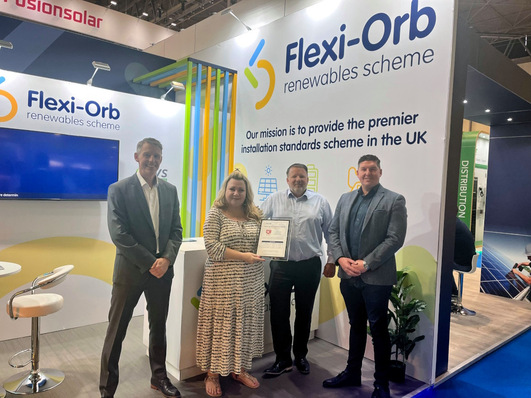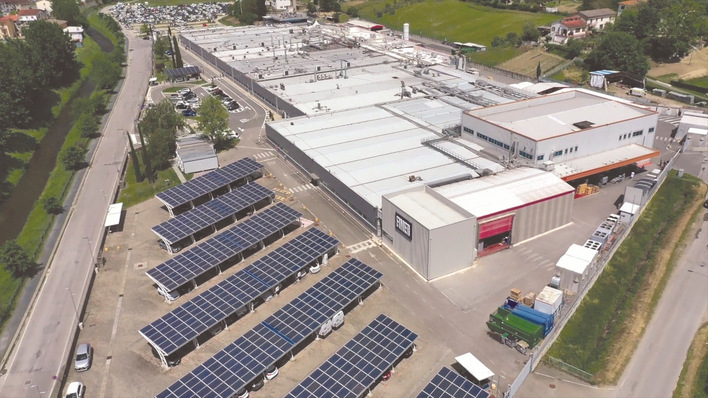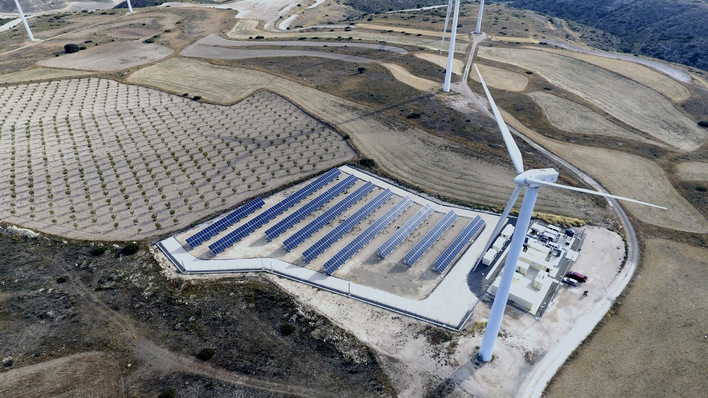You joined LG Chem in Sulzbach early this year and thus were not with the company in 2016. Nevertheless, can you give us an outline of the past year?
Stefan Krokowski: I am happy to try. At the Intersolar 2016, we presented our new Resu series and it was a great success. Demand has been extraordinarily good. And we were pleased to notice that our brand is gaining in importance in the storage market. Yes, 2016 happened without me, but it went pretty good. We sold more than 5,000 Resu units in Europe.
How did 2017 start, now that you are involved and giving it your all?
The current year will also be a very good one. We are noticing a trend among our distributors that shows us that the market will be very active this year.
There has been high demand for Resu energy storage systems and supply periods are fairly long. How are you dealing with this problem?
To be honest, we were quite overwhelmed by the success of the Resu series. As far as our low-voltage battery of 48 volts is concerned, we have now gotten to grips with the supply situation. We have worked out a rolling forecast process with our distributors, which allows us to keep track of the expected volumes to be supplied.
And for the high-voltage version?
The launch has been delayed a little bit, also because we were surprised by the high demand. Also, other providers of DC batteries have switched to AC units, which has generated further demand. So we first need to step up production, but that issue will be solved within the next few months.
Your batteries are imported directly from LG Chem in Korea. Would it not make sense to build a factory in Europe? Poland is being discussed as a location ...
True: Shipping by sea takes eight weeks. Also true: We are starting up production in Poland. But this is more to meet the needs of the automotive sector, which usually runs on a just-in-time basis. This requirement is not there for stationary storage batteries.
Which markets have so far been important to you in the energy storage segment?
In Europe, that is clearly and most of all the German market. But we are also seeing rising demand in the UK and France. We are taking a keen interest in the announcement by the Swedish government that they will subsidise energy storage batteries by up to 60 percent of the investment costs; Sweden wants to rapidly transform their energy supply system. The low countries are also seeing rising demand: Net metering should be a hindrance to storage, but the fact that we are seeing a rise in demand anyway, shows that people are eager to invest in their independence. So this is not only a matter of economic criteria, but, just like when buying a car, emotional and psychological factors also come into play.
How will the prices for energy storage systems develop?
In the medium term, prices will fall, but this will not happen as fast and abruptly as with photovoltaics. For one thing, the euro is currently very weak. That is problematic for providers that sell their cells or batteries into Europe from overseas. For us, the depreciation of the euro against the Korean won makes any reduction in prices unlikely. Furthermore, the prices for raw materials have gone up.
What raw materials are we talking about here?
Cobalt most of all. Prices are driven up by a high demand from a number of sectors. And we may also be witnessing the result of speculative commodity futures trading. But I am expecting prices to stabilise in the medium term.
How will the energy density of lithium cells progress?
This is where we have real leverage for lowering prices: If cells become more energy-dense, that can bring down the price per kilowatt hour. There is no way for me to quantify that, but of course we will continue to work on making our cells ever more efficient.
70 to 80 percent of the production costs of storage batteries come from the lithium cells. How much leeway do you see in what remains, i.e. in the housings and the electronics?
To be honest, I see very little leeway there. This is a block of fixed costs and there is not much that can be done about them. No matter what, you need both, the solid aluminium housing and a battery management system. These have to be developed and assembled, regardless whether you end up with a storage unit of three or 20 kilowatt hours of capacity. Because the cost for lithium cells will eventually come down, we will see larger storage systems. And this will reduce the proportion of fixed costs in relation to the cells and battery modules.
We are already seeing that in the market: With prices for storage coming down, people are buying larger systems – because they want to be more self-sufficient.
Even if the larger battery is not necessarily more economical for their solar array and the consumption patterns of their house. It is clearly all about independence. That is what I was talking about when I made the comparison to buying a car. One more argument in favour of larger battery systems is that they go through the retailers’ value chains just like the smaller units. And it does not take any more time for the technician to connect them.
So far, LG Chem has very little presence in the market for commercial storage. Why is that?
It is possible to combine two of our Resu 10s, which gives you 20 kilowatt hours. Our next larger system then are megawatt-scale units that we deliver the cells for. We do not build such storage solutions ourselves, but in collaboration with our systems integrators. In the commercial range of, say, several hundred kilowatt hours we are quite involved as a supplier of cells, although we leave the integration of the battery systems to our partners.
Shall we take a look at what next year will bring?
Sure. I see a dramatic paradigm shift ahead for the energy supply sector, in which storage batteries will play an essential role. They are capable of taking in and giving off electricity at any given place and time and at varying prices. And storage is the catalyst for this development, which is spurred on by PV and other forms of decentralised generation. A key driver of this development probably is electric mobility, i.e. mobile storage.
The interview was conducted by Heiko Schwarzburger.
More useful information about energy storage systems:
Choose your right solar panels
Learn about electric cars to make more use of energy storage
Stay informed, get our free newsletter twice a week, register here







